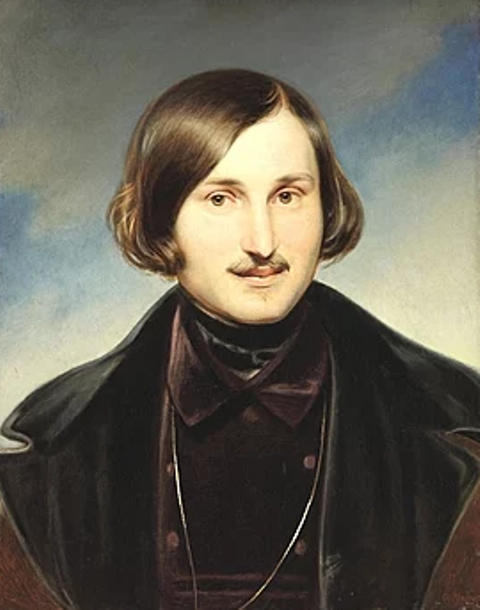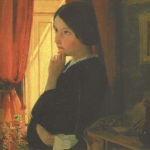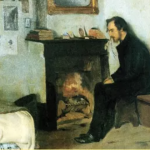
20.12.2022
By the mid-1840s, Gogol was still the only major Russian writer, despite a well-developed sketching and life-descriptive tradition. Moreover, by publishing the first volume of Dead Souls and The Overcoat from his St Petersburg Tales series simultaneously in 1842 he had effectively retired from literature. In this situation the role of pupils and followers of Gogol is claimed by the authors of the natural school – and in terms of potential continuity any author of large form is considered. Dostoevsky, as the author of a novel thematically close to the Gogol tradition, was particularly hoped for in this sense. Although early critics and readers of the novel were never able to give an unequivocal answer to the question of what exactly Dostoevsky took from Gogol, a clue can be found in the novel itself.

The correspondence culminates in letters from Makar Devushkin dated July 1 and 8 in which he shares his impressions of the two works he has read, Pushkin’s The Station master and Gogol’s The Overcoat. In both instances, Devushkin recognizes himself in the protagonist, but while he empathizes with Samson Vyrin’s fate, the portrayal of Akaky Akakievich provokes only anger. Devushkin’s main complaint is that the author of The Overcoat has made public the details of his plight and personal life. Declining to accept the ending of the story, Devushkin demands compensation for Akaky Akakievich – that the general promote him in rank or find an overcoat. Through Devushkin’s letters, Dostoevsky in fact reflects on Gogol’s St. Petersburg Stories, where his concern is not so much with the material as with the manner in which the stories are depicted. Dostoevsky gives the hero the opportunity to tell his own story in whatever way he sees fit. Most of all, however, the author of The Poor People was pleased that his authorial attitude towards the events in the novel hardly ever peeks through in the text.
How did Gogol himself react to Dostoevsky’s novel?
The reaction of Gogol – an undoubted “great genius” in the light of whom, in Belinsky’s words, “ordinary talents” work – to literary novelties was expected to attract increased attention from his contemporaries, although more often than not it was more than restrained. “Gogol read Dostoevsky’s The Poor People several months after the publication of The St. Petersburg Compendium, and his impressions are known from a letter to Anna Mikhailovna Vielgorskaya dated 14 May 1846. Evaluating the choice of theme as an indicator of Dostoevsky’s mental qualities and unequal sensibilities, Gogol also noted the writer’s apparent youth: “…Much talkativeness and little self-focus”. The novel, in his opinion, would have been much livelier if it had been less verbose. However, even such a reserved reaction would have sufficed for contemporaries to decide that Gogol enjoyed it all. In a similar situation, when the author of The Inspector General listened to Ostrovsky’s first play Bankrupt (later known as My Own People We Shall Meet), an almost similar review – about his youth, length and “inexperience in techniques” – was regarded as evidence that Ostrovsky had “moved” Gogol, i.e. had made a strong impression on him.




